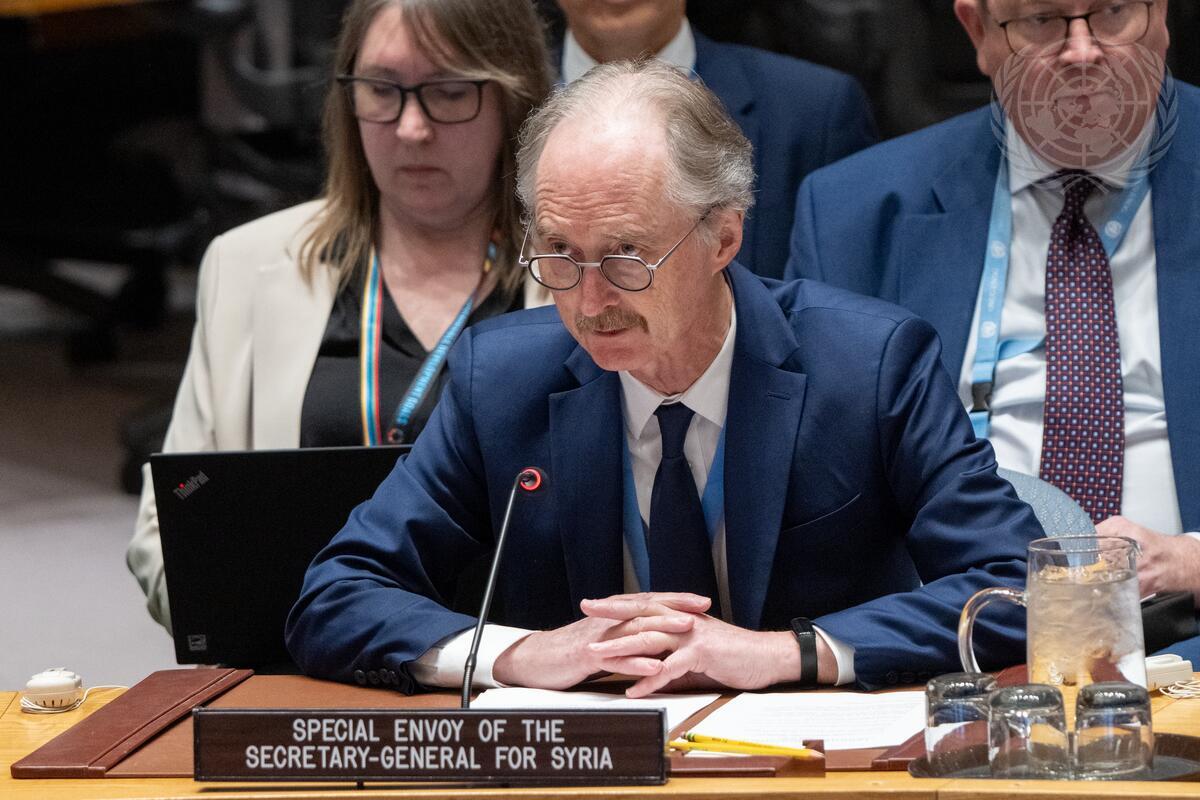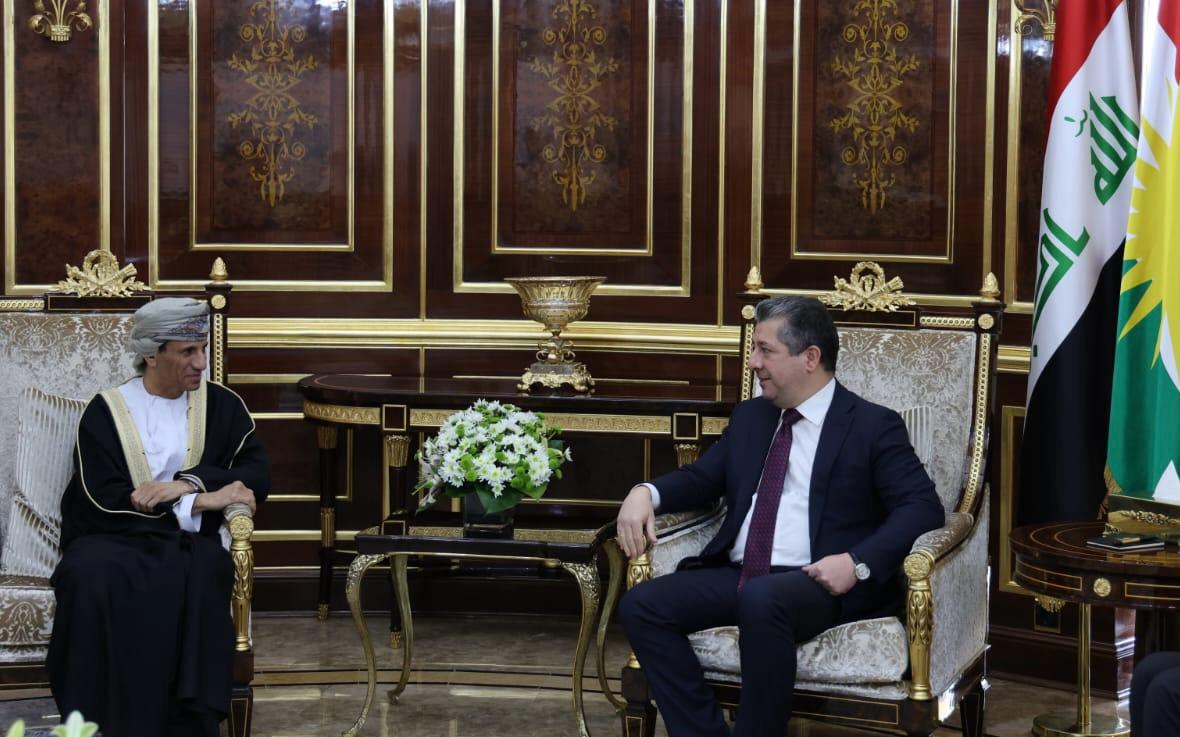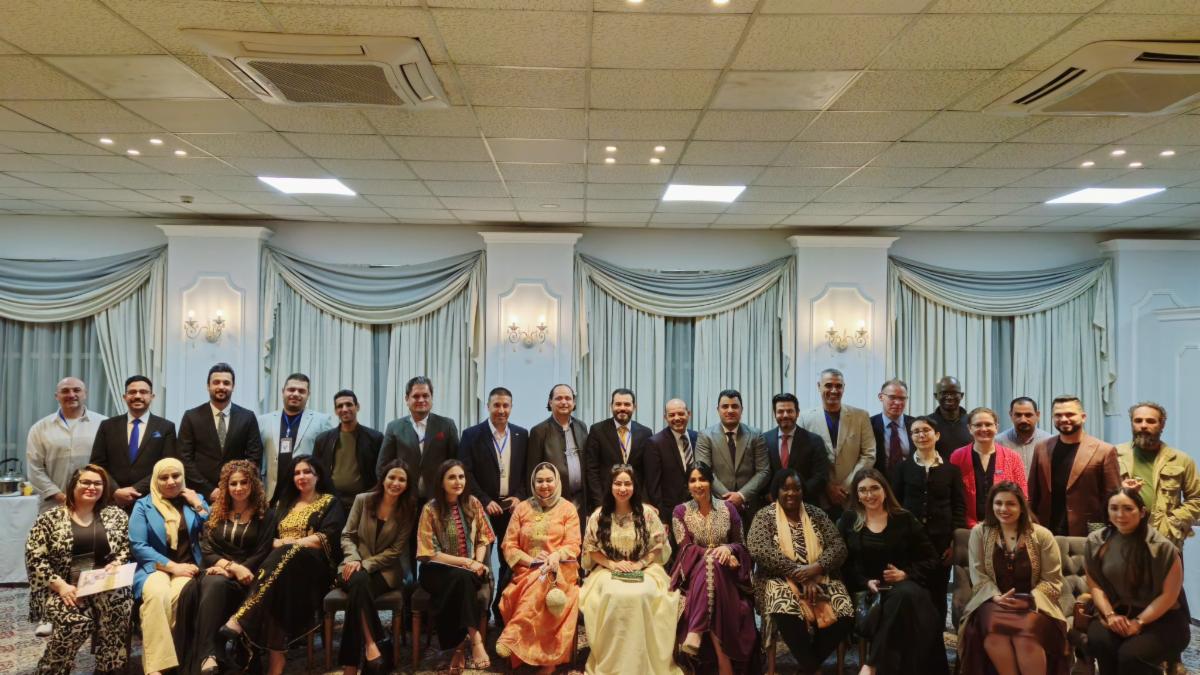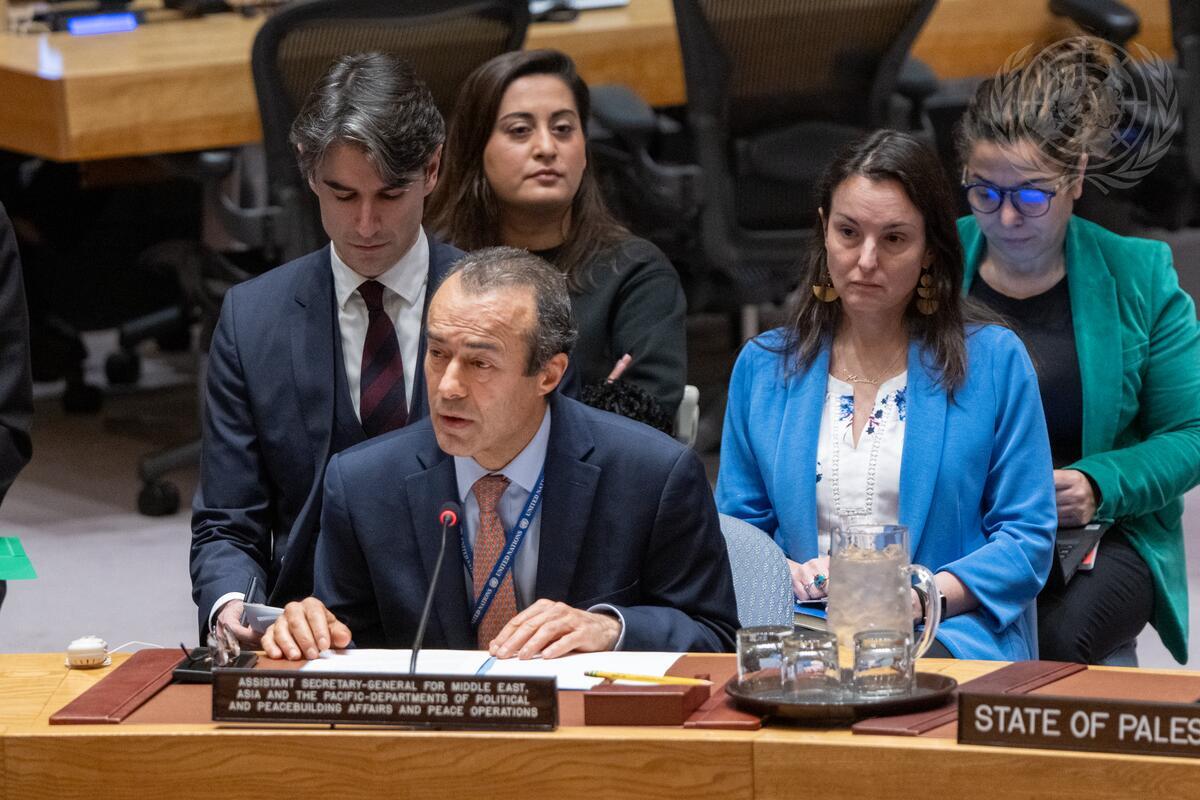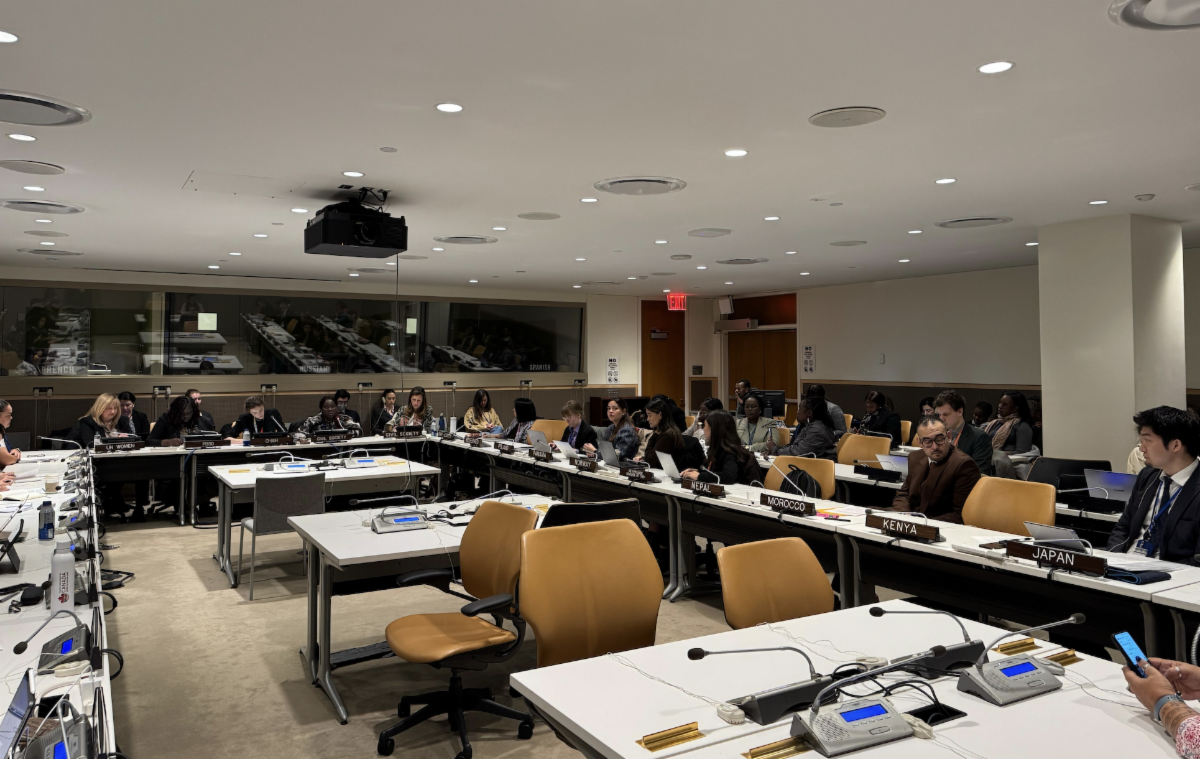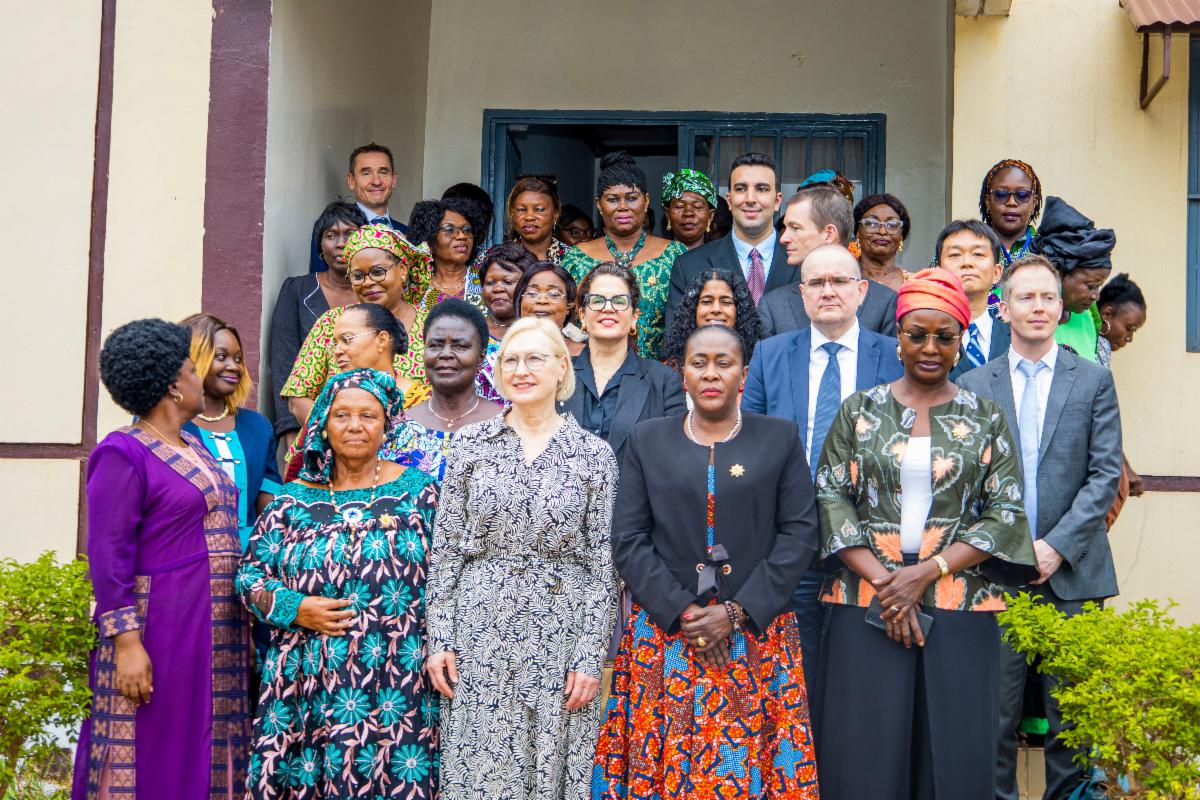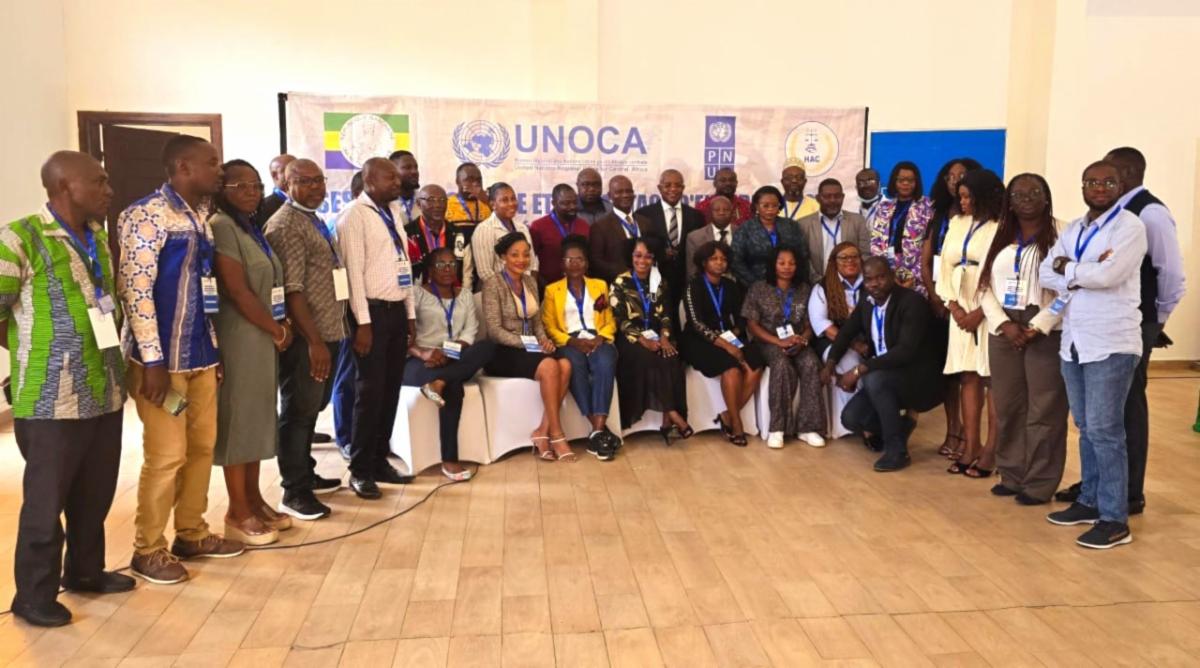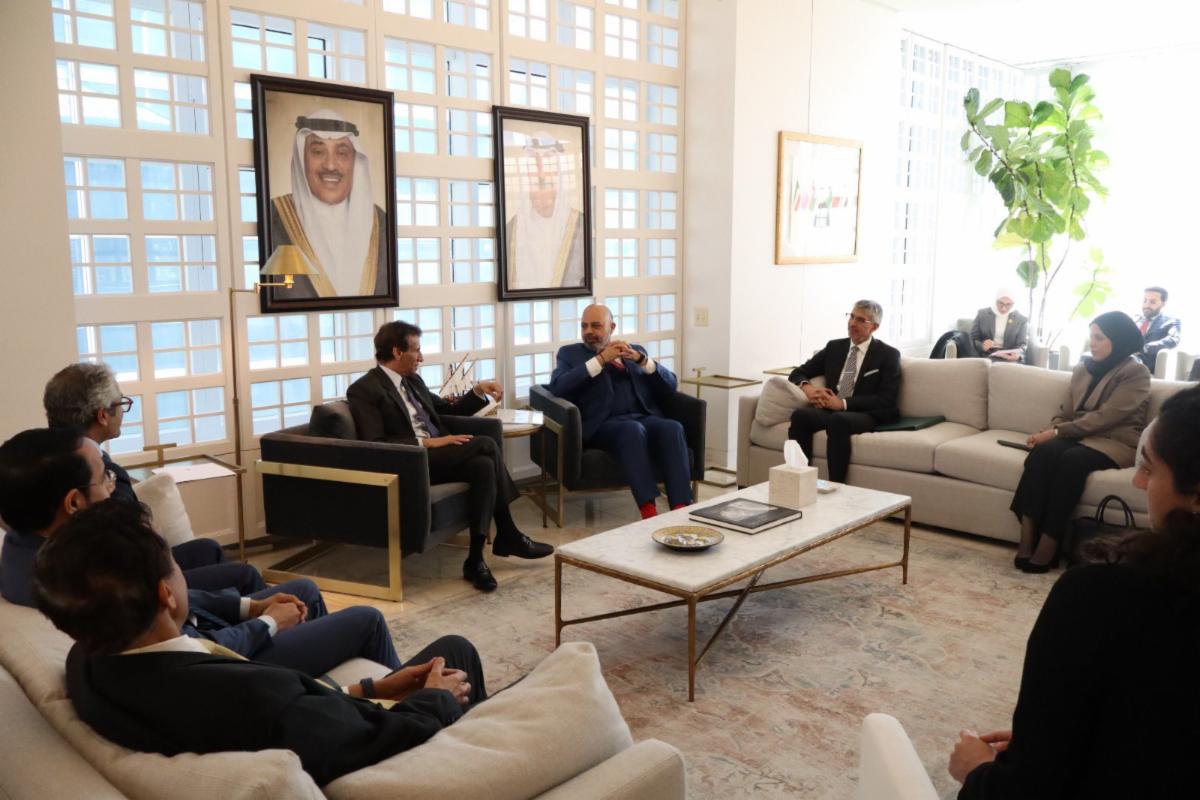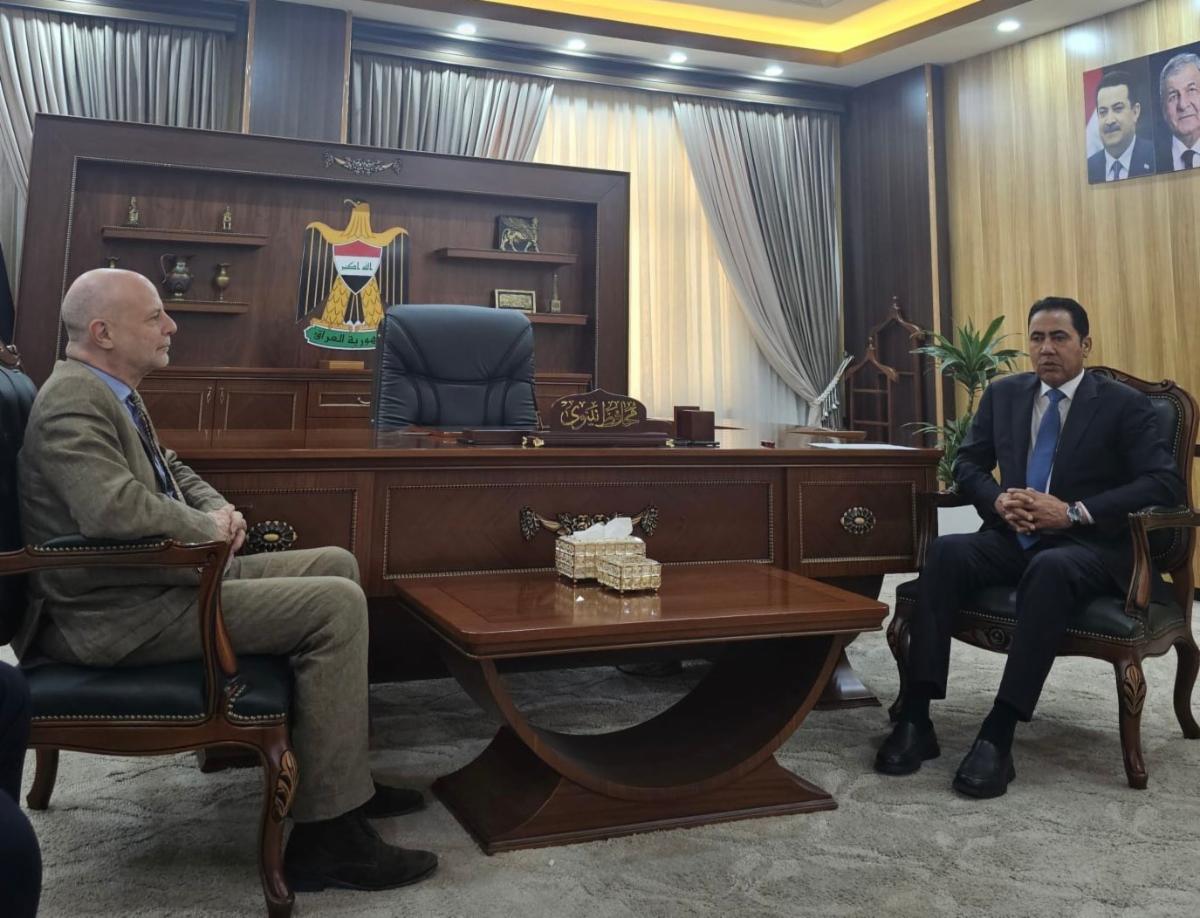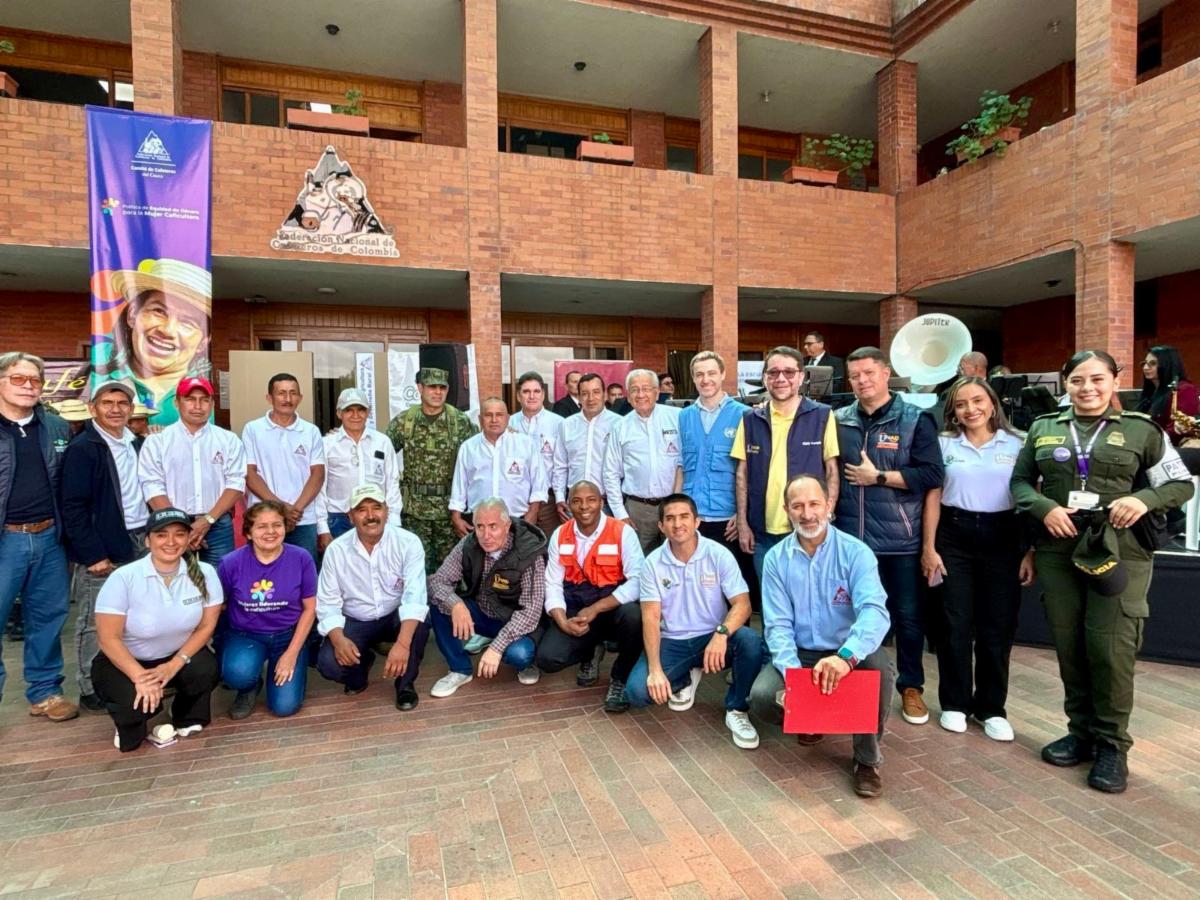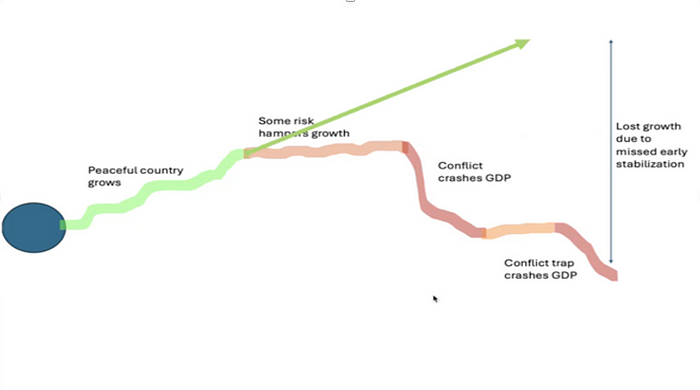Assistant Secretary-General Khaled Khiari
Briefing to the Security Council
on the situation in the Middle East, including the Palestinian Question
20 March 2025
Madam President,
Members of the Security Council,
Thank you for the opportunity to brief the Council regarding the humanitarian situation faced by the remaining hostages in Gaza.
I would like at the outset to recognize Mr. Eli Sharabi and his unimaginable experience of pain and his remarkable resilience in the face of such immense loss. I extend to him my condolences for the tragic loss of his dear family - wife, two daughters and brother. I pay him, all hostages, living and deceased, and their families and loved ones my deepest respect and support.
I again extend my deepest condolences to all the bereaved families who lost their family members and loved ones during and after the horrific attacks by Hamas and other Palestinian armed groups in Israel on 7 October 2023.
The UN continues to unequivocally condemn the appalling acts of terrorand continued holding of hostages in Gaza. Nothing can justify the intentional killing, torture, sexual violence, and destruction -- entire families murdered, burned in their homes, taken hostage. The events of that horrific day will not be forgotten.
The participation in Security Council meetings of surviving hostages, and their heart-wrenching testimonies, and many months of agony, serve as a stark reminder but also as a crucial symbol of endurance and hope for those still waiting to see their loved ones back home.
Since the attacks, the Secretary-General and other senior UN officials have regularly met with the families of hostages and have been deeply moved by their stories, and by the torment and anguish they have endured.
Madam President,
The ceasefire and hostage release deal that took effect on 19 January offered a glimmer of hope and respite by reuniting 25 Israeli hostages with their loved ones and returning the remains of eight deceased hostages, who were killed on 7 October or while in captivity, to their families.
Their release and return were sadly also a moment of great anxiety, as most of the living hostages were paraded in front of crowds, and the coffins of the deceased, including those of two young children who were killed in captivity, were displayed publicly by Hamas and other Palestinian armed groups during appalling ceremonies that violated international law.
The UN has repeatedly condemned the parading of coffins containing the bodies of dead Israeli hostages and public displays accompanying the release of living and deceased hostages, including statements made under duress.
As of today, at least 59 hostages, alive and deceased, including Eli’s brother’s body, Yossi Sharabi, are still being held captive by Hamas and other Palestinian armed groups. The testimonies of those released provide terrifying accounts of their captivity, including physical and psychological torture, sexual violence and deprivation, indicating that those left behind continue to suffer in horrific conditions, exposed to trauma and suffering since their abduction.
The hostages must be released immediately and unconditionally.
Until their release, they must be allowed to receive visits and support from the International Committee of the Red Cross, and they must be treated with dignity and respect in line with humanitarian principles.
Madam President,
The resumption of hostilities on 18 March adds further despair and uncertainty for those remaining hostages, their families and their loved ones.
This resumption of hostilities amidst significant Israeli airstrikes in Gaza has also been devastating for the civilian population in the Strip. Hundreds of Palestinians have been killed, including women and children.
Since the resumption of hostilities, one United Nations Office for Project Service (UNOPS) staff member has also been killed and several have been insured. Commissioner-General of the United Nations Relief and Works Agency for Palestine Refugees in the Near East (UNRWA) Lazzarini also informed that in the past few days another five UNRWA staff have been confirmed killed.
I reiterate that civilians must be protected, including UN personnel.
The rights and dignity of all those affected by the conflict – whether in Israel, the Occupied Palestinian Territory, or elsewhere – must be respected and protected.
We call on all parties to uphold their obligations under international humanitarian law and international human rights law.
The return to hostilities threatens all civilians in Gaza, I echo the Secretary-General’s call for the resumption of serious negotiations for the ceasefire to be respected, for unimpeded humanitarian assistance to be re-established, and for the remaining hostages to be released immediately and unconditionally.
With every passing day we move further away from the objective of returning the remaining hostages safely to their homes.
This was also very clear from the rescued hostage Ms. Noa Argamani’s remarks to the Council last month, where she told us that every moment under captivity was lived in danger. The resumed hostilities in Gaza, compounded with the lack of access and rapidly deteriorating humanitarian situation, are exposing the remaining hostages to constant danger and life-threatening conditions.
As USG Fletcher briefed you earlier this week, a renewed ceasefire is the best way of protecting civilians – in Gaza, in the Occupied Palestinian Territory and in Israel – releasing hostages and detainees and allowing aid and commercial supplies in.
We remain steadfast in our commitment to protecting human rights, defending humanitarian principles, and supporting all efforts that promote peace, stability, and a more hopeful future for all people in the Middle East.
We are also convinced that the only path to durable peace will be achieved when Israel and Palestine live side by side in peace and security, in line with international law and relevant UN resolutions, with Jerusalem as the capital of both states.
The UN stands ready to do all it can to support the parties in reaching that objective and it will continue to do all it can to support an end to this suffering.
Once again, I reiterate the Secretary-General’s deep concern for this conflict’s unbearable impact on the victims and his urgent call for the immediate and unconditional release of the hostages.
Thank you,
Madam President.

